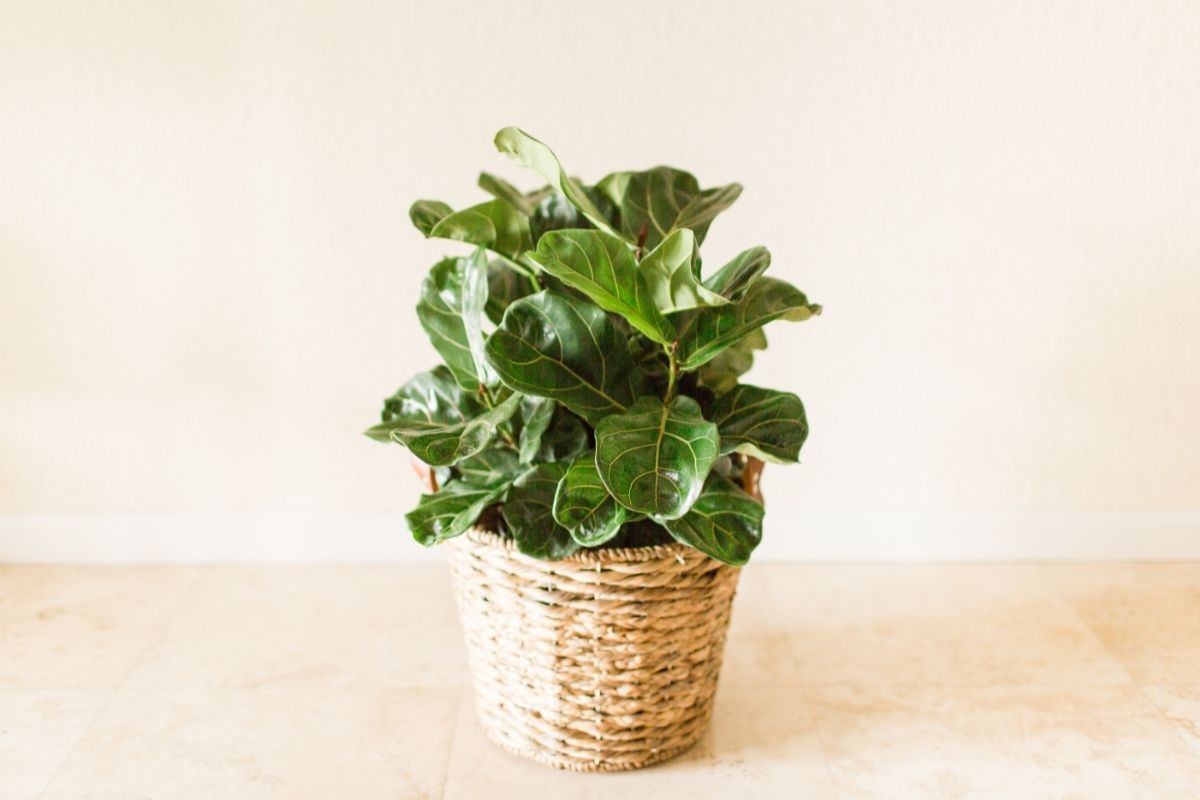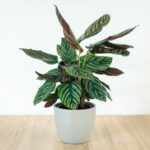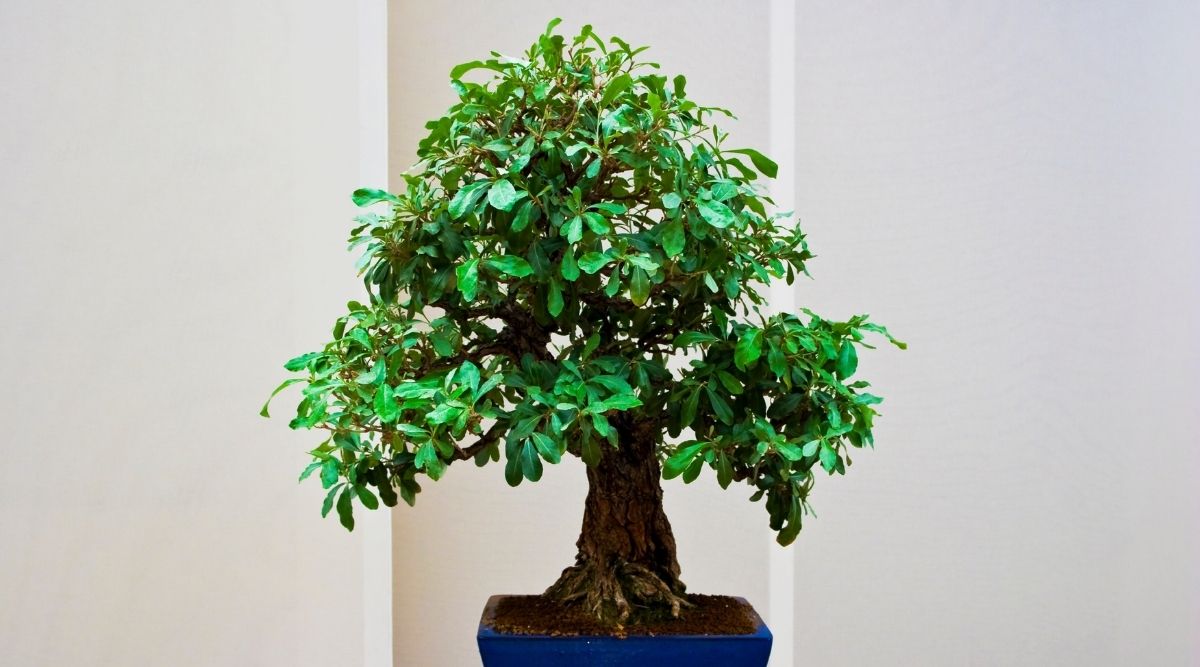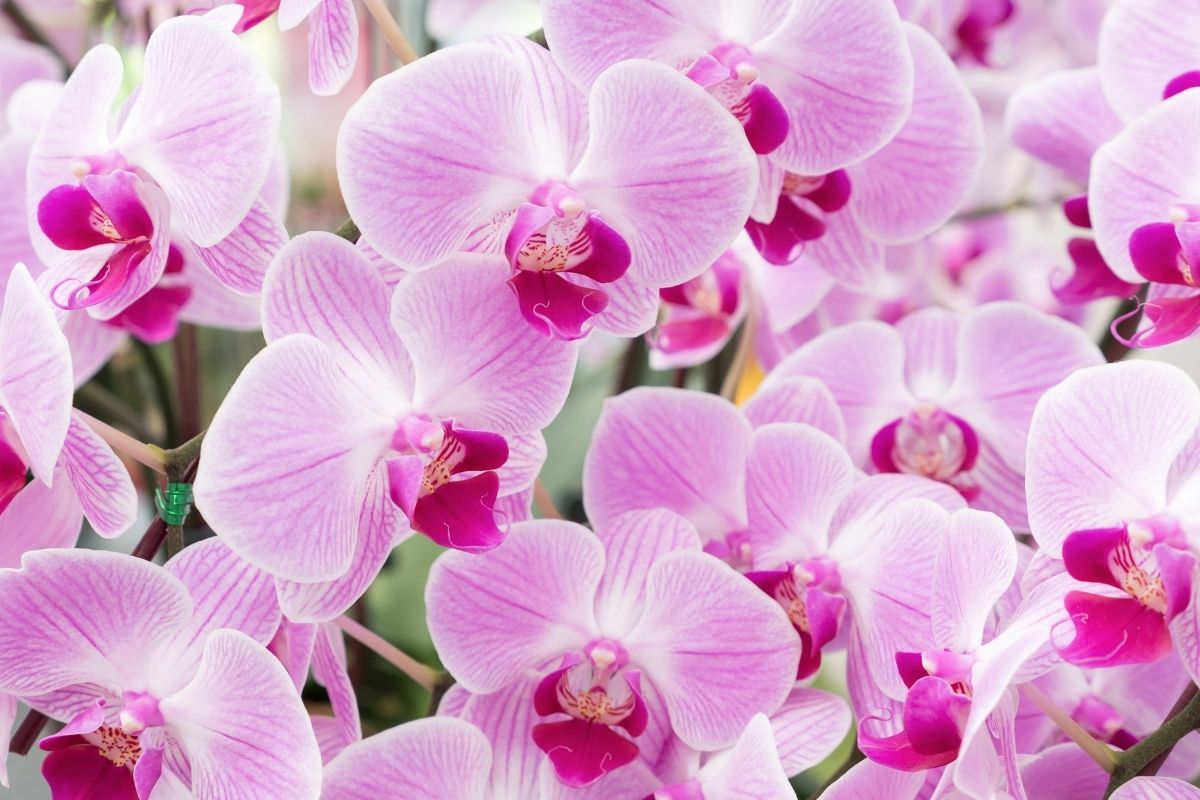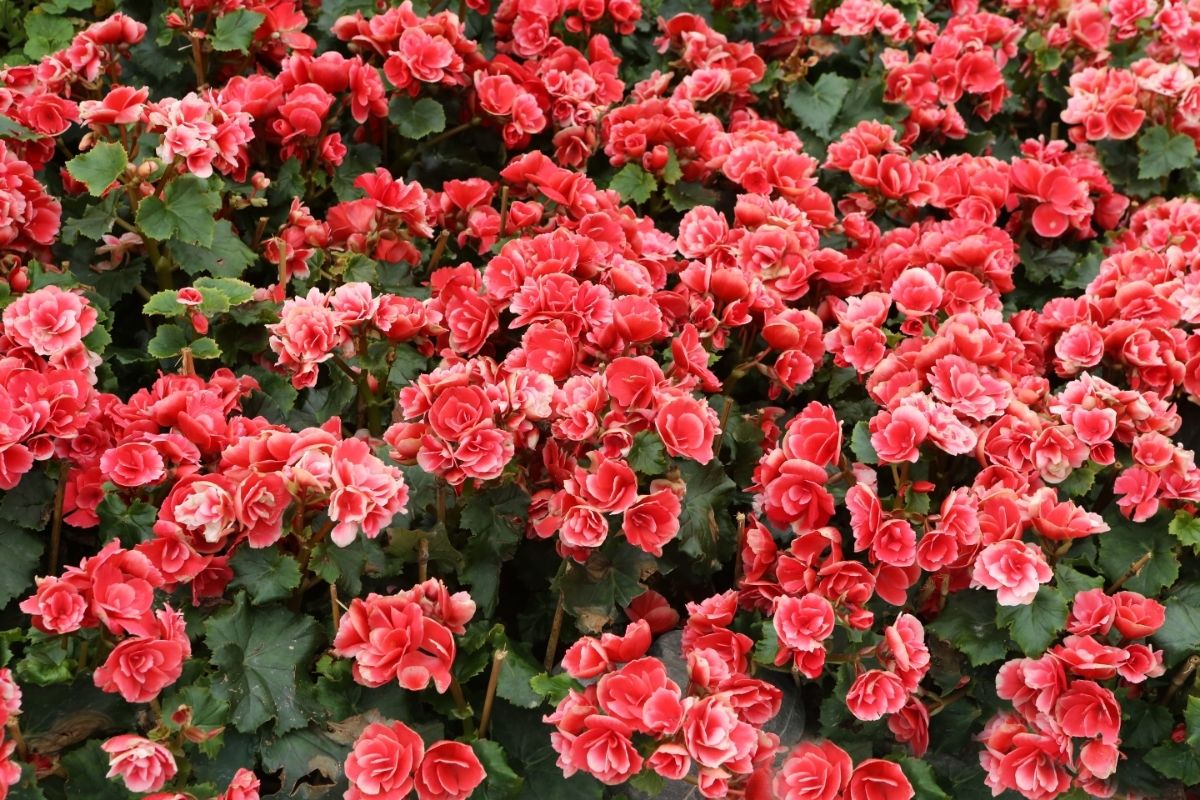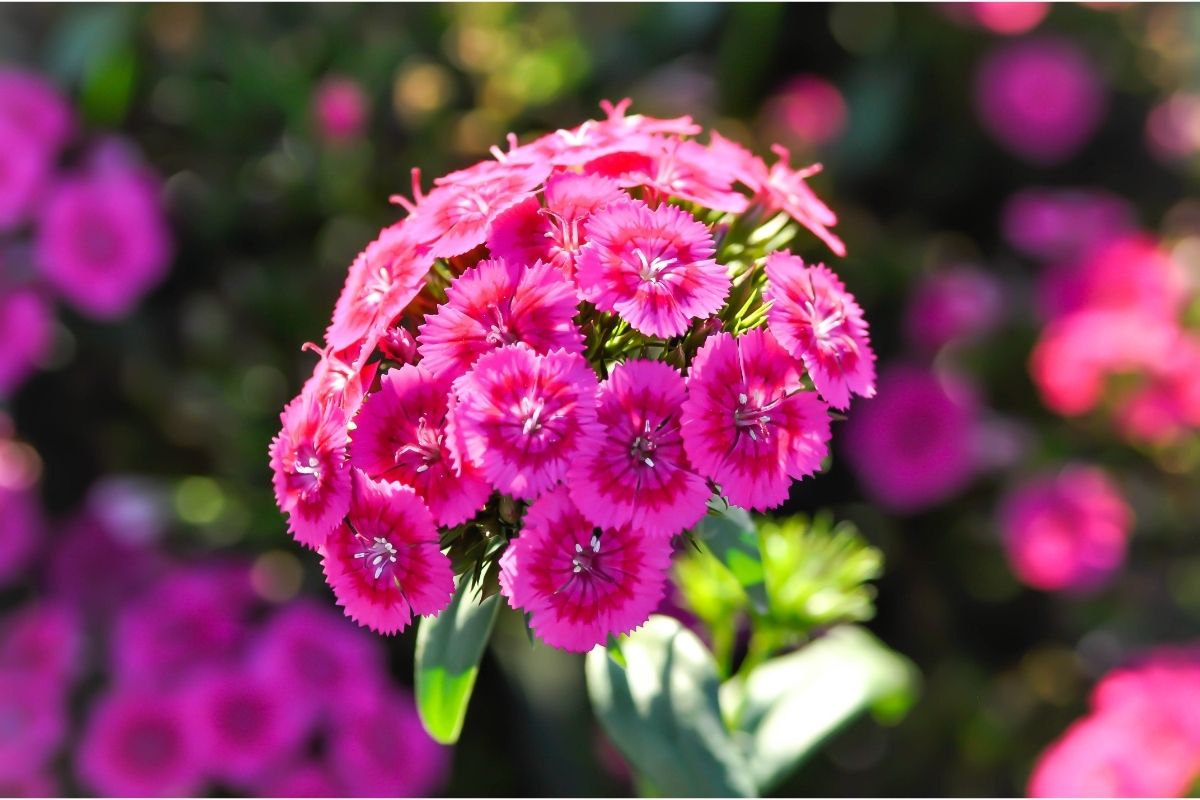Cats are curious creatures – and they’re usually always somewhere they’re not supposed to be.
Whether they’re knocking over ornaments, chasing mice, or eating something they shouldn’t be, cats just LOVE to push our limits. So if you’ve been thinking of adding a new houseplant to your collection, you may have your reservations.
The last thing any pet owner wants is for their beloved furry friend to end up in pain or discomfort, especially if it’s because of something in their own home.
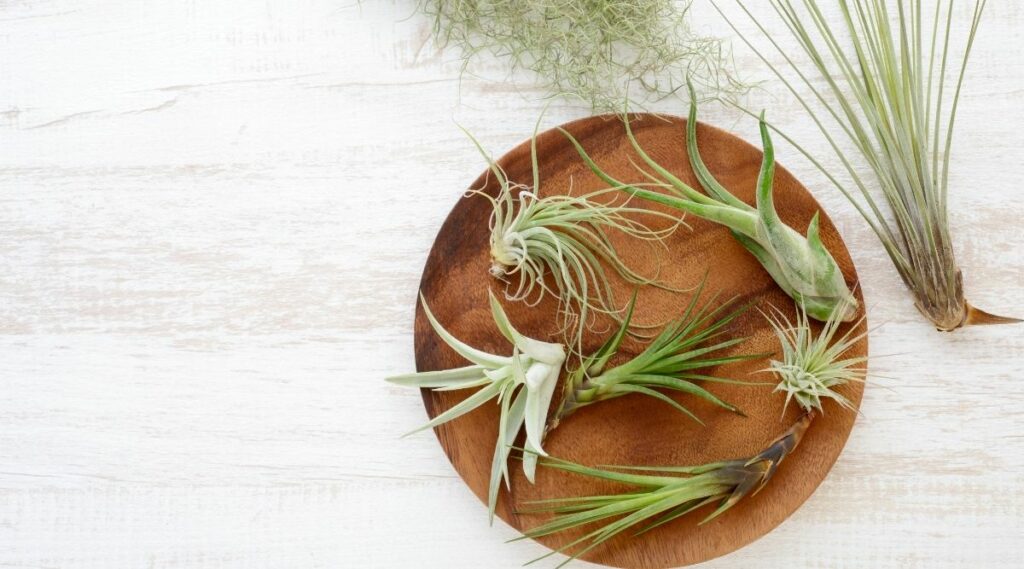
If you want to protect your pet and save yourself a nasty vet bill, always research your plants before buying them! If you’re thinking of buying an air plant, stick with us to learn everything you need to know about the air plant, including how safe it is (or isn’t) for your cat.
What Is An Air Plant?
An air plant, or Tillandsias, is native to Mexico and South America. These plants get their name due to their unique, wiry roots, which like to grow almost anywhere except in the ground.
The air plant’s roots love to attach themselves to cliff faces, branches, wood, rocks, shells, and even telephone lines for support.
The Tillandsia boasts an assortment of exotic and bold flowers, and although they love to attach themselves to other plants, they’re not parasitic. This means they’re epiphytes.
Caring For An Air Plant
Because they’re epiphytes, air plants don’t require any potting soil and only need minimal care to survive. These tropical plants can be grown both indoors and outdoors, but before you get one, here are a few things you should know about caring for an air plant.
Air Plant Growing Conditions
All species of air plants come from tropical climates, where they’re never exposed to drastic temperature changes.
These plants are used to consistently warm temperatures, so avoid placing them near windows or draughty corners and aim for an internal temperature of 60 Fahrenheit.
If your air plant has a dusty coating or feathery white leaves, this indicates that it comes from a sunny and dry climate where there isn’t much rainfall.
The trichomes you see on their leaves help collect water and hold onto it for use during dry spells. These air plants will need minimal watering and can tolerate more sunlight.
If your air plant has smoother leaves, it’s likely a mesic breed that comes from a shaded forest with moist rain and clouds.
These air plants will have been exposed to water, moisture, or rainfall frequently, and they’ll have fewer trichomes to protect them against drying out. For this reason, your air plants will need more frequent watering.
Are Air Plants Toxic To Cats?
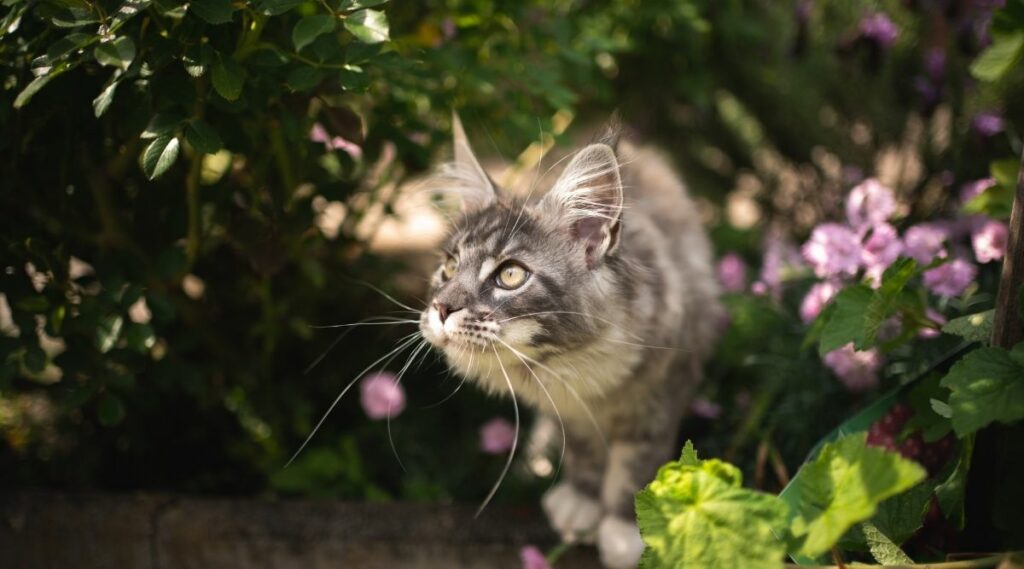
Now you know how to care for your air plant, there’s one important question that remains – are air plants toxic to cats?
The good news is that no, air plants are NOT toxic to cats, dogs, or other animals! However, this doesn’t mean you should let your cat too close to your plant unsupervised.
Air plants have sharp, jagged leaves, which may be a choking hazard for your cat. If your air plant is inside a pot or terrarium with moss and your cat ingests, it may experience vomiting and confusion.
This is because moss is mildly toxic but not enough to cause any serious irritation or reaction.
Although air plants are considered safe for cats, you should try to keep them out of their reach to avoid choking or gastrointestinal discomfort. If you’re keeping your air plant in a terrarium with other plants, make sure these are also safe and non-toxic for your cat.
What Happens If My Cat Eats An Air Plant?
Having a nibble on your air plant won’t be a pleasant experience for your cat. They may choke or cough; however, they will not be exposed to any toxicity or develop serious complications.
In most cases, your cat may cough up the ingested part of the air plant or spit it out immediately. If they do eat it, it will pass naturally without harm. However, you should inspect your cat’s mouth to make sure no stray parts of the plant are stuck in their throats.
This will prevent choking. The pointy leaves of an air plant may also hurt your cat’s paws or eyes if it plays with them, so give them a quick check over to make sure they haven’t injured themselves.
Do I Need To Call A Vet?
If your cat has eaten part of your air plant, it usually won’t need to see a vet.
The only exception is if your cat is persistently choking and you can’t remove the plant from its throat or if your cat is experiencing consistent vomiting or diarrhea after ingesting your plant. However, both of these scenarios are highly unlikely to occur.
We recommend displaying your air plant on a high shelf or in a hanging basket to save yourself the stress and keep it away from your cat.
Checking Your Air Plant For Damage
Now we know your beloved furry friend is okay, your next priority will be to tend to your air plant. Even if your cat has helped itself to a large chunk of your plant, there’s a chance you’ll be able to save it. So here’s what to do if your cat has damaged your air plant:
Check The Leaves
Examine the leaves of your plant. If the plant has been crushed and most of its leaves have been pulled away, it’s unlikely to survive. However, if it still has its main base or stem, it may pull through.
Strip Away The Damage
Now, you should cut away any damaged leaves from the air plant. Your air plant will need to retain all attached and undamaged leaves to survive, so only pull away those that are hanging off or have been severely damaged.
Relocate Your Plant
Consider moving your plant to a different location where your cat can’t reach it. Try somewhere high that your cat can’t access.
The Bottom Line
Your cat’s safety should be your top priority as a responsible pet owner. Thankfully, if you’re considering introducing an air plant into your home, you can rest assured that there’s minimal risk to your cat’s health.
Air plants are non-toxic, so even if your cat does sneak the occasional leaf, it will probably escape unscathed. Just remember to display your air plant in a secure location to reduce the risk of choking or injury.
- Best Hanging Plant For Low Light - September 4, 2023
- Best Indoor Plants Florida - August 28, 2023
- Best Plants For Bathroom Smells - August 21, 2023

